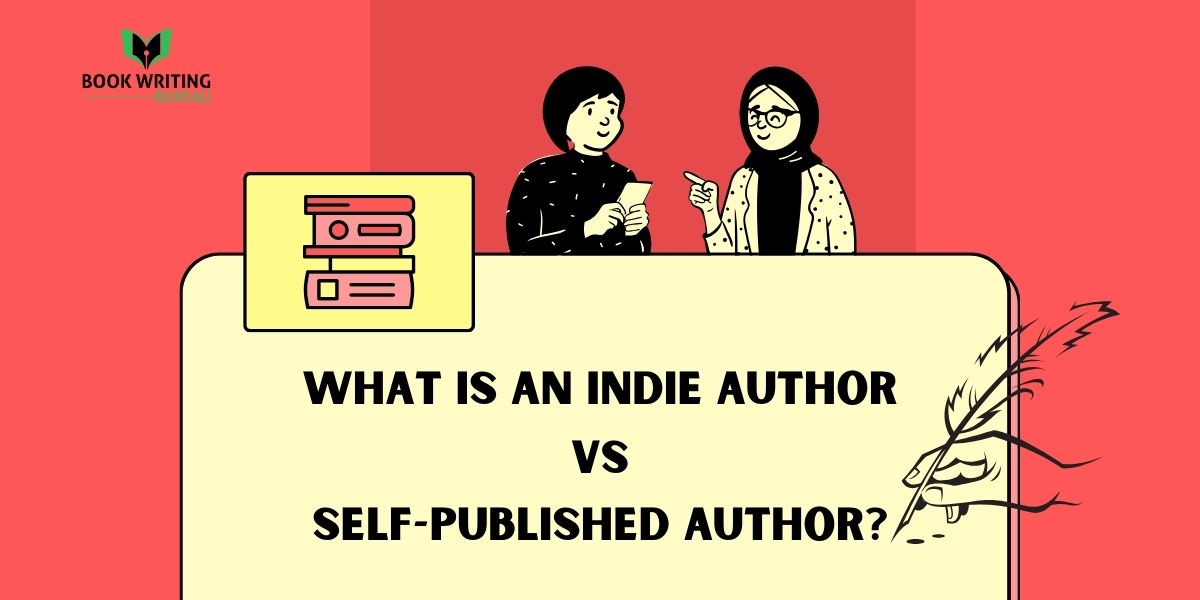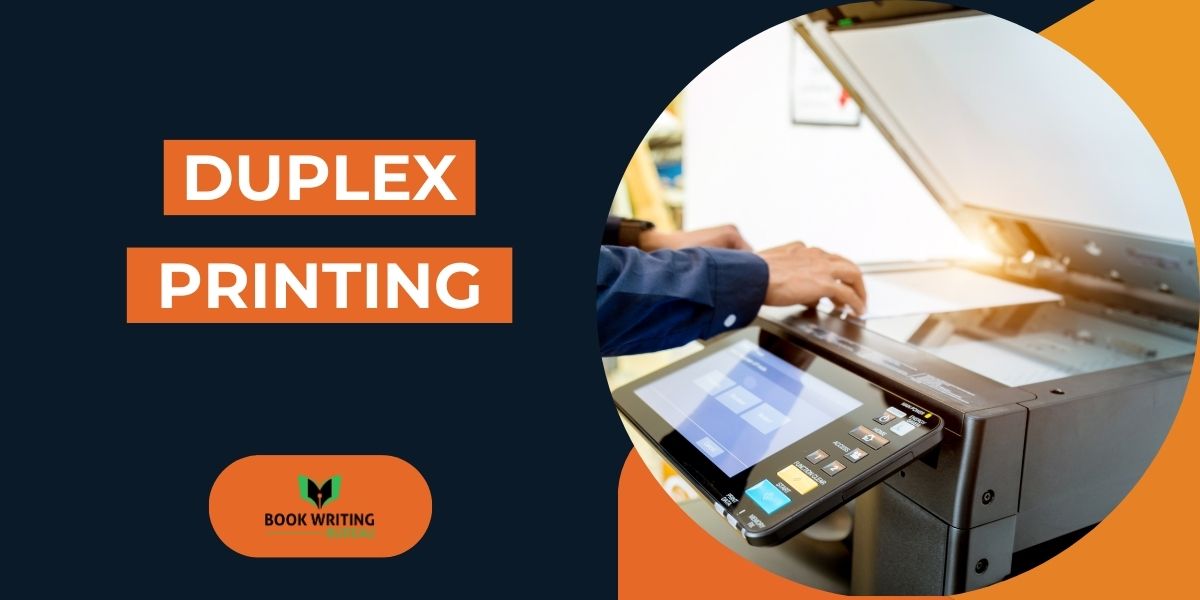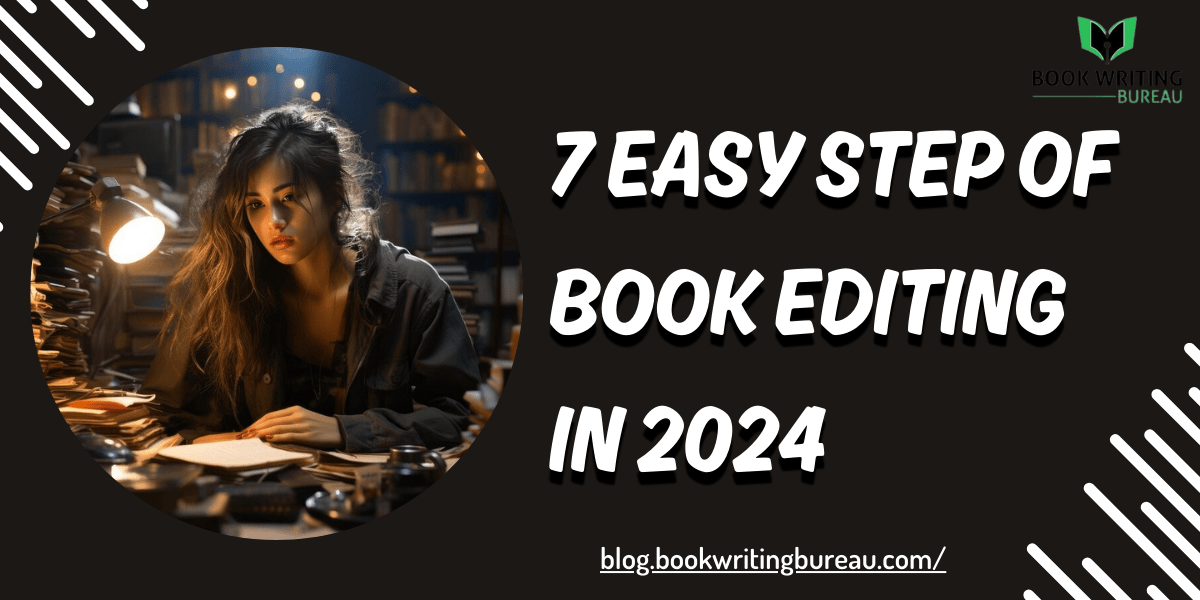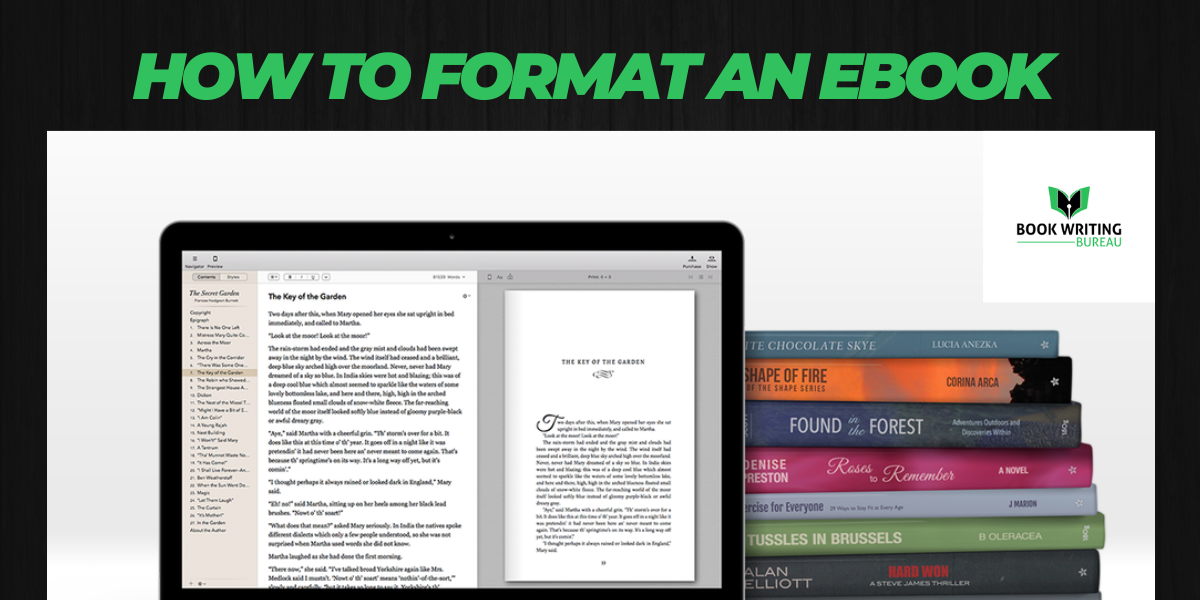
Author
The publishing world has evolved significantly, leading to the rise of two prominent types of authors: indie and self-published.
These terms are often used interchangeably but have distinct characteristics that set them apart.
We’ll get into what defines an indie author and a self-published author, the key differences between them, and address common questions related to becoming a successful indie author, the potential earnings, and the legal aspects of indie book publishing stores or independent bookstores in Boston.
By the end of this article, readers will have a comprehensive understanding of these two pathways in writing and publishing.
What Is an Indie Author?
Now, let’s talk about indie authors. First off, “indie” is short for independent. So, an indie author writes and publishes their work independently, an independent book publisher. But what does this mean?
Well, it’s like being the captain of your ship. Indie authors take charge of the entire publishing process. This includes writing the book, of course, but there’s more. They also handle editing, designing the book cover, formatting it, and even marketing it. It’s a big job, but it gives them much freedom. They get to make all the decisions about their book, like how it should look and when it should be released.
Indie authors often publish their books in digital formats, like eBooks, or they use print-on-demand from professional book publishing services. This way, they don’t have to print many books and hope they sell. Books are printed as people buy them. Smart, right?
What Is A Self-Published Author?
Next, let’s get into what being a self-published author means. Self-publishing is similar to being an indie author, but some key differences exist.
So, a self-published author also does a lot of the work themselves. They write their book, just like any author. But here’s where it gets interesting. After writing, they choose to publish their book all on their own. They don’t go to a big publishing company to do this. Instead, they use platforms like Amazon’s Kindle Direct Publishing or other self-publishing websites to share their book. Surprising fact: most of the cookbooks are self-publish cookbooks.
Just like indie authors, self-published authors handle many tasks. They take care of editing their book, designing the cover, publishing an eBook, publisher of a website, and figuring out how to format it for publishing. But the main thing about self-publishing is the focus on using specific platforms that help you easily get your book out there.
What Is The Difference Between an Indie Author and a Self-Published Author?
Now, let’s look at how indie and self-published authors are different. At first glance, they seem quite similar, but there are some important distinctions.
Firstly, think about control. Indie authors have a lot of it. They make all the big decisions about their book, like how it should look and when to release it. They can work with professionals for editing and explore the earnings of children’s book authors. But in the end, they’re the ones calling the shots. Indie authors are like entrepreneurs of their books.
On the other hand, self-published authors use specific best platforms for self publishing. These platforms are super helpful and make the process easier. But they come with certain rules and guidelines. For example, your chosen platform might dictate how your book needs to be formatted. So, while self-published authors do a lot themselves, they work within the framework provided by these platforms.
Next, let’s talk about reach. Self-published authors often rely on the platforms they publish on to reach readers. These platforms have their audience, which can be a big advantage. Indie authors, however, have to work a bit harder to find their readers. They might use social media, personal networks, or other book advertising strategies.
In terms of earnings, both paths can be profitable. However, indie authors often have more flexibility in pricing their books and planning promotions, which can impact how much money they make.
FAQS
How do I become a successful indie author?
To become a successful indie author, write and refine your book, seek feedback, edit thoroughly, design an appealing cover, properly format your eBook, choose a suitable publishing platform, effectively market your book, and continue writing more books.
Do indie authors make money?
Indie authors make money primarily through book sales and royalties, with income varying widely. Successful indie authors often excel in marketing and building relationships with readers, significantly impacting their earnings.
Do indie authors need an LLC?
Indie authors may consider forming an LLC as their career and earnings grow. An LLC offers legal protection and professionalism, separating personal assets from business liabilities, but it requires an understanding of costs, paperwork, and regional regulations.
Conclusion:
In a nutshell, we have learned quite a lot about indie and self-published authors. Both paths offer unique opportunities and challenges. Indie authors enjoy much control over their work, while self-published authors benefit from the ease of online platforms. The key difference lies in the level of independence and the methods used to reach readers.



